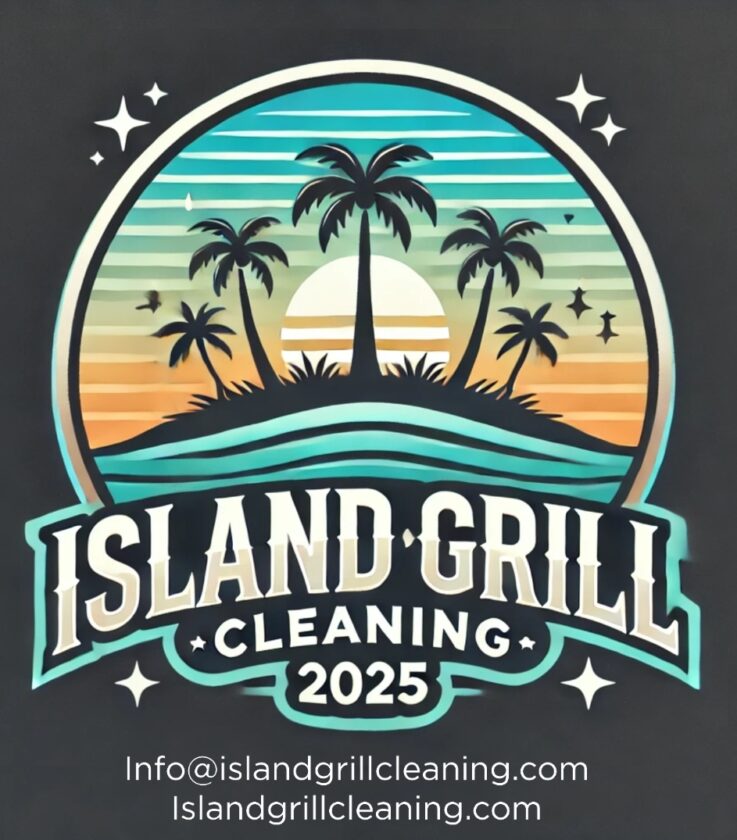Part 2 of a series
In my last article, I explained the importance of creating a clear plan for your loved ones and how a properly executed will can bring peace of mind by reducing the risk of disputes among beneficiaries.
The next essential document in this planning “road map” is the Living Will, also known as an Advance Directive. In New Jersey, this legal document serves two key purposes: it allows individuals to specify their medical treatment preferences should they become unable to make decisions for themselves, and it enables them to appoint a trusted representative to act on their behalf.
A Living Will functions as an instructional directive, outlining your choices regarding life-sustaining treatments such as resuscitation, ventilators, and dialysis. While it may not address every medical scenario—such as certain aspects of pain management or care settings—it provides valuable guidance to healthcare providers and loved ones during critical moments.
Additionally, a Living Will may include a proxy directive, which names a healthcare representative to make decisions in your place. This person is legally authorized to act in accordance with your wishes, helping to avoid conflicts among family members during emotionally difficult times.
New Jersey law recognizes both Living Wills and Advance Directives, and healthcare professionals are required to honor them. I strongly encourage you to discuss your wishes with your family and doctors, and to provide them with copies of your directive.
The next “mile marker” on your planning road map is the Power of Attorney (POA). This legal document gives someone (the agent) the authority to act on your behalf (the principal) in specific areas such as finances, healthcare, and property management.
In New Jersey, several types of POA exist:
General POA grants broad authority over financial and legal matters.
Limited or Specific POA restricts the agent’s role to certain tasks or timeframes.
Durable POA remains in effect even if the principal becomes incapacitated.
Springing POA activates only after a specific event, like incapacitation.
Medical POA focuses solely on healthcare decisions.
Beyond these legal documents, it’s equally important to organize supporting materials for your family: vehicle titles, property deeds, and a comprehensive list of assets and debts. In today’s digital world, don’t forget to include access information for email, social media, and online accounts, along with banking details and contact information for financial institutions.
Andrew B. Hoffman is a funeral director at Jeffries and Keates and Keates-Plum Funeral Homes. He is a twenty-two year veteran of the funeral industry.















